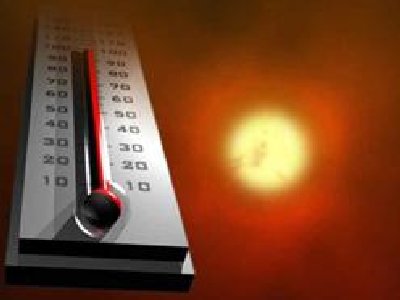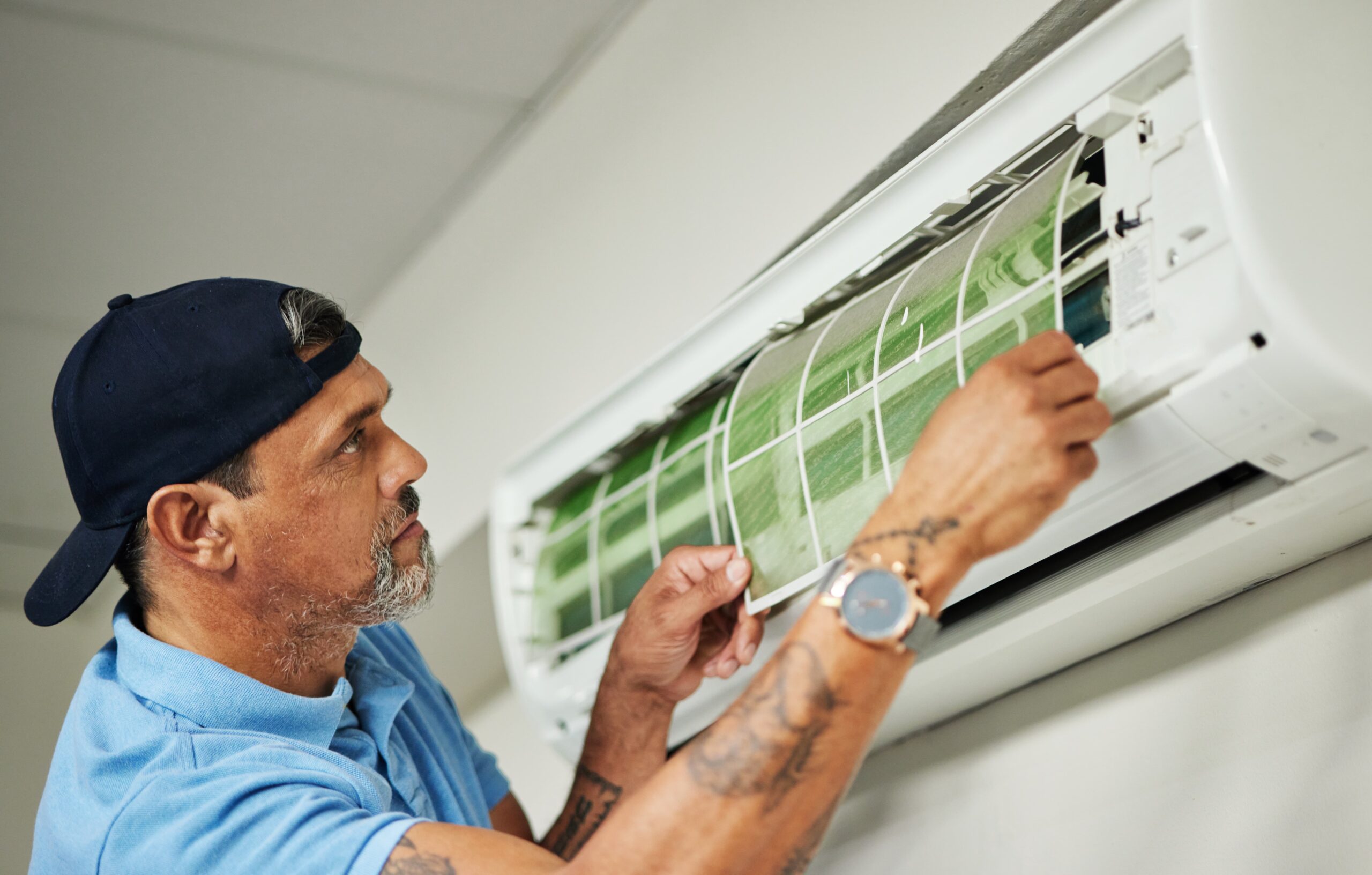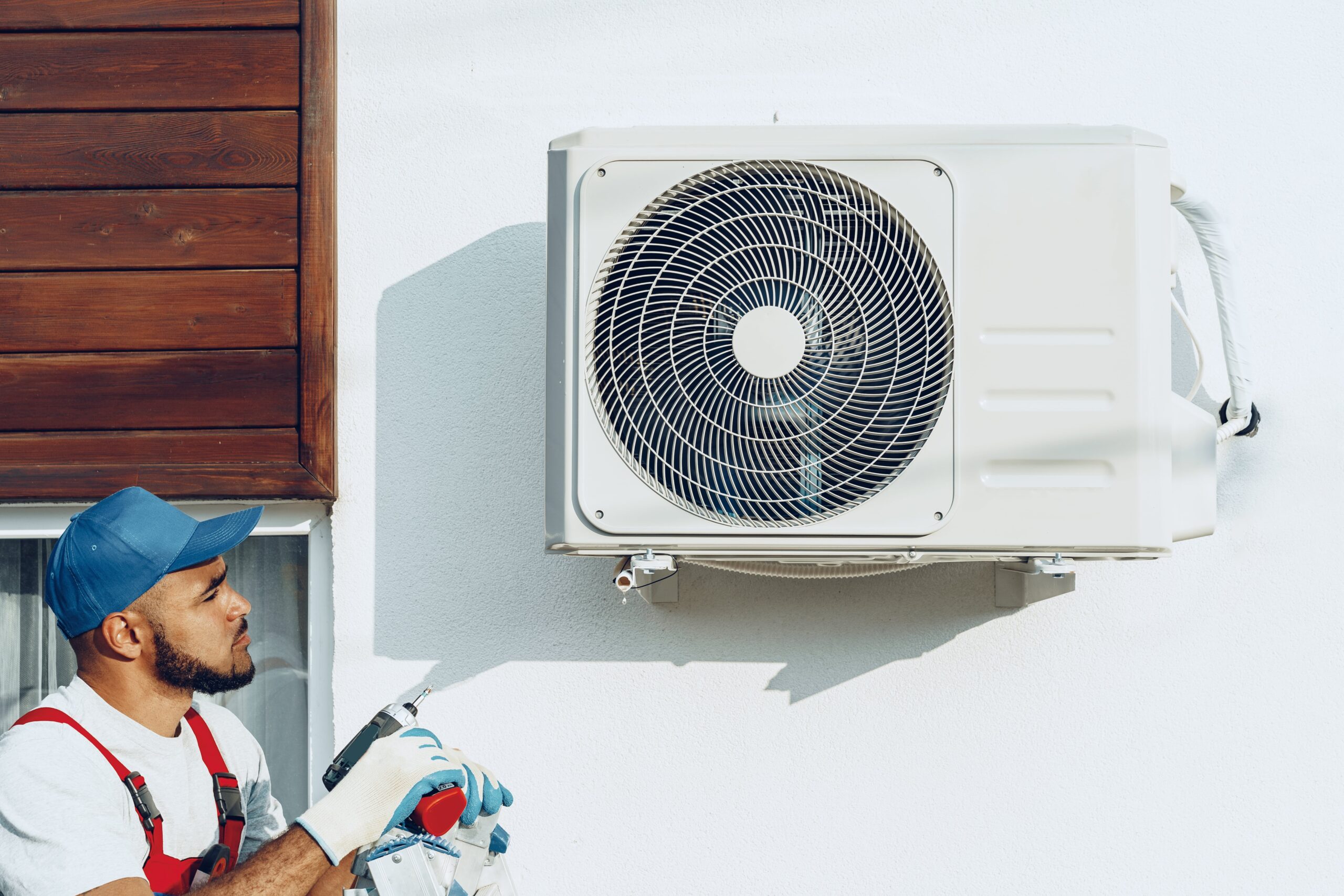According to sources like the Wall Street Journal, energy prices are likely to continue rising due to many factors like the war in Ukraine and the fluctuation of the power market. As our energy grid shuffles from fossil fuels to newer, more renewable resources, energy prices are fluctuating and our homes and budgets are feeling the brunt of this price hike. This is what makes choosing your next air conditioning system so difficult.
Homeowners want a system that’s going to keep their homes comfortable for a low price. Those are the two highest priorities—and we can help! This blog post is designed to help you find the most energy-efficient air conditioning system to invest your money in, especially if your old system is beyond the hope for air conditioning repair in Parma, OH.
Let’s take a dive into HVAC technology, refrigerant, and the increasing energy efficiency of our air conditioners.
The SEER Rating
Let’s start with the building block of AC efficiency: the SEER rating. It stands for seasonal energy efficiency ratio, and it’s a number that’s used to tell you how efficient an air conditioner is. It’s calculated by taking the total cooling output during a typical cooling season and dividing that number by the total electrical energy required to perform the task, thus giving you an amount of cooling per unit of energy.
This means that the less energy a system provides, and the more it’s able to produce better cooling, the more efficiently an air conditioner will run. However, this number isn’t just a nifty experiment either, it’s a useful tool for your budget!
The Difference in SEER Ratings
It’s no secret that a system with a higher SEER rating is going to cost less to run per month than any system with a lower SEER rating, but how much is the difference? If you’ve got an AC that needs repair, how much more cost-effective would it be to purchase a new system, especially if SEER ratings of newer units are drastically higher than your old one?
Well, there are plenty of online SEER calculators that can take the tonnage of your home, and the price of energy in your zip code, and compare SEER ratings of older and newer systems, so you can physically see how much money you would save per month or year. It’s helpful to use one of these or calculate the numbers yourself so that you can get a better idea of how much your AC costs to run.
Newer Refrigerants Are Better for Efficiency and the Environment
Does your AC use R-22 refrigerant, also known as Freon? Then it’s probably much less efficient and it’s also worse for the environment. Sure, you could get this system repaired when it runs into an issue, but the amount you pay for both repairs and the inefficiency of the system is probably more than what you might save in the long run if you upgrade your AC today.
Any questions about AC repair or purchasing a new system? Just send them our way and we’ll help you out!




